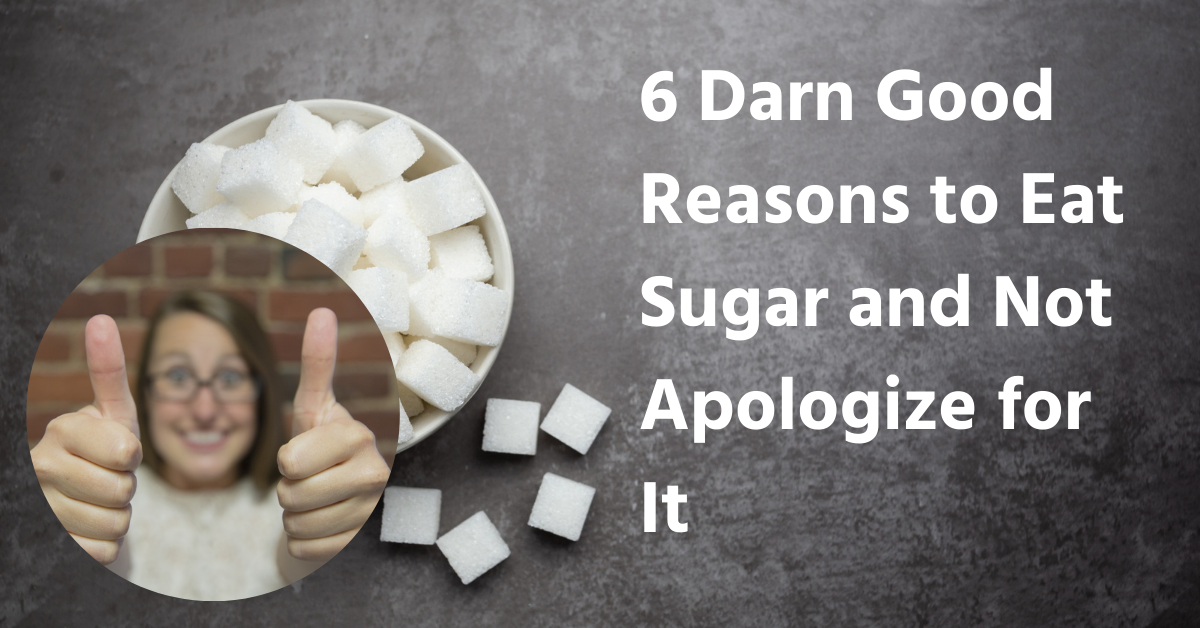Sugar: Friend or Foe?
Brian St. Pierre knew things had gone too far when a client emailed him three times in one day, seeking advice on his salsa purchase and worried about the sugar content derailing his health goals. St. Pierre, a registered dietitian in Scarborough, Maine, and director of performance nutrition at Precision Nutrition, couldn’t help but think, “Dude, it’s salsa—just get the kind you like.” He’s not alone; many people today are grappling with what we might call “sugar phobia.” Back in the ’80s, it was all about avoiding fat, and now it’s sugar that’s under scrutiny, says Joy Dubost, a registered dietitian and food scientist in the District of Columbia. While it’s true that sugar isn’t a health food, it can still find a place in a balanced diet. Here’s when and why:
1. It’s in Its Natural Form: Fretting about naturally occurring sugars in fruits, vegetables, and dairy may be missing the point for most people. After all, sugar’s impact on conditions like obesity, heart disease, and diabetes is more closely linked to its abundance in highly processed foods. Additionally, various factors, such as smoking and a lack of physical activity, also contribute to the risk of chronic diseases. As Brian St. Pierre wisely notes, things aren’t simply black or white. If you’re trying to moderate your sugar intake, consider opting for more natural forms, like whole fruits instead of fruit juice. Dr. Michael Clearfield, dean of Touro University California College of Osteopathic Medicine, suggests, “Try to eat foods as people did a century ago.”
2. It’s a Minor Part of Your Diet: Consuming a doughnut for breakfast, a candy bar for a snack, and a soda as an energy boost isn’t the healthiest approach. However, having overnight oats with a touch of brown sugar for breakfast, dried fruit for a snack, and a cup of tea with honey is a more reasonable and balanced choice. Nutrition guidelines recommend that no more than 10 percent of your total calories should come from added sugar, but the average American consumes around 13 percent. If you’re in that category, focus on reducing your intake of sugar-sweetened beverages and baked goods, like cookies and cakes. And, be sure to read food labels carefully because “natural” sweeteners, such as agave, aren’t fundamentally different from artificial sources like high-fructose corn syrup.
3. It Makes Healthy Food More Enjoyable: Could you enjoy oatmeal without a touch of sweetness? Would salad be as enticing without honey mustard dressing? Sugar can enhance the flavors of our meals and make them more appealing. So, just as people obsess about reducing carbohydrates, Brian St. Pierre is content with a few croutons if they help someone eat their vegetables. Sugar has a role in our food supply for a reason. Joy Dubost adds, “We all inherently love the sweet taste of sugar; however, sugar plays roles in other ways. It can enhance other flavors, play a role in color development of products, and it also helps to stabilize food.”
4. You Need Quick Fuel: For hunter-gatherers, quick, easily digestible sources of energy (think berries) were essential to keep them going until their next meal. The same concept applies to modern individuals engaged in physical activities that last for several hours, whether it’s a marathon or a family bike ride. Brian St. Pierre advises that you want things that are readily digestible and provide immediate energy. Notably, some fruits may be too fibrous to comfortably digest while in motion. Practicality also plays a role, as you wouldn’t typically bring oatmeal on a six-hour hike.
5. It’s Not Your Go-To for Coping with Negative Emotions: It’s entirely human to crave a chocolate chip cookie after a tough day. Brian St. Pierre acknowledges that no one reaches for a boiled potato in such moments. Occasionally, indulging in comfort food isn’t a major concern, as long as you’re making an informed choice, savoring it slowly, and stopping when you’re satisfied. However, if one cookie inevitably leads to ten, or if you rely solely on food for emotional support, it might be worthwhile to work with a professional to develop alternative coping mechanisms. As St. Pierre puts it, “Eating a cupcake every day isn’t the solution; the quantity and consistency matter.”
6. It’s Part of a Meaningful Social Experience: Sometimes, the health benefits of strong relationships and positive life experiences outweigh the health consequences of added sugar. Whether it’s sharing a slice of grandma’s famous pie on Thanksgiving, enjoying an ice cream cone with your child at the beach, or bonding with coworkers over syrupy barbecue ribs at a company cookout, there are moments when the joy of life overshadows dietary concerns. As Brian St. Pierre wisely advises, “Keep your life in perspective; nutrition is not the sole focus. It’s here to help you live a meaningful, joyful life. Eating a meal with someone often involves less-than-ideal choices, and that’s perfectly okay.”

